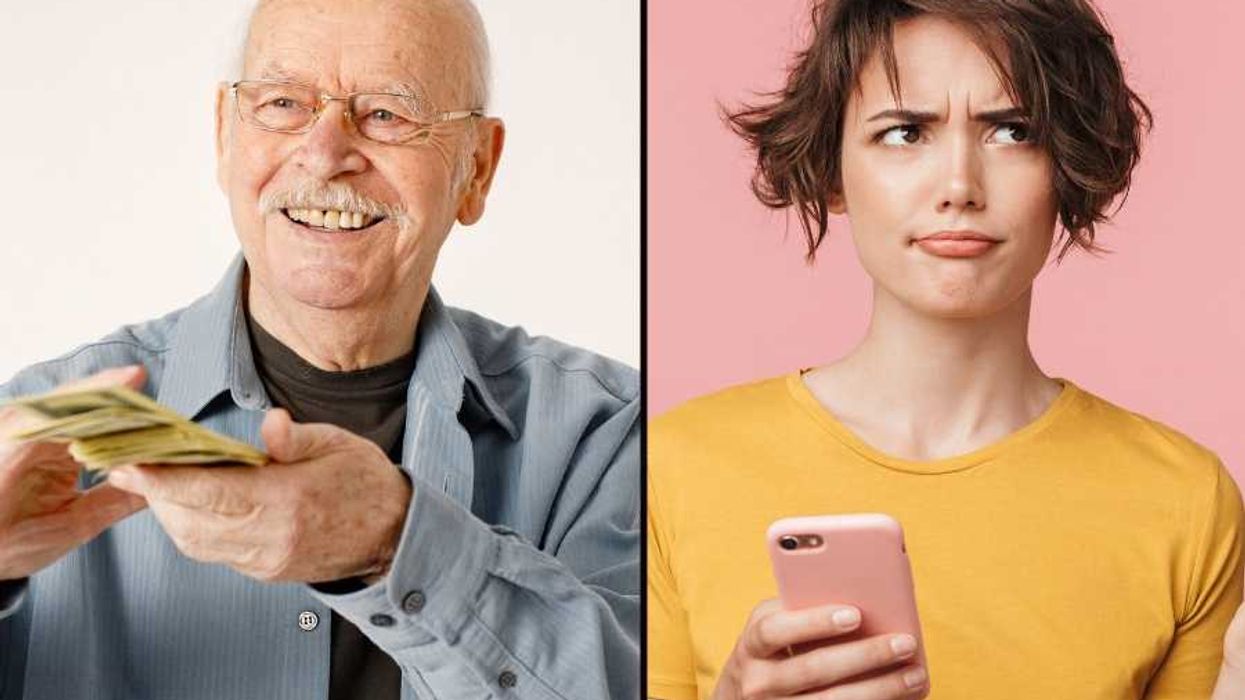Many budget-conscious consumers recommend going to the local Goodwill thrift store. For cents on the dollar, a person can purchase gently-used clothes, appliances, furniture, toys, and many other items. It’s a great way for people to get things they need while also allowing people to upcycle items they don’t use anymore instead of adding to landfills. But when one Goodwill customer saw a stack of unopened boxes with “Amazon Mystery Box” written on the side for $60 per box, they wondered “Who is this for?”
The customer took a picture of the pallet full of Amazon mystery boxes and posted it on Reddit to get takes and reactions, and it’s grabbing attention online. Many commenters speculated on what the boxes contained, from dog food to canned tuna to trash to smoke alarms. Yet one commenter brought up the primary issue:
- YouTube youtube.com
“Let me make sure I'm understanding this correctly,” wrote @Richard_Nachos. “I could give Amazon $60.00 for something that I absolutely 100% know for sure that I definitely need OR: I could buy this.”
While it’s not outright stated, the commonly held idea behind Goodwill is for people to donate gently used items for people to purchase rather than companies like Amazon. While people of any economic status can buy items from Goodwill, the primary focus is to provide low-income families and communities with options to buy upcycled items and needed things that might be outside of their budget at a traditional retail store. Paying for something unknown and unseen feels out of place compared to Goodwill’s mission. It feels like, as another Reddit commenter put it, “Gambling.”
If a person has extra disposable income, there are options to do some “retail gambling” at places specifically made for that rather than shops intended for thrifting. If a person really wanted cheap Amazon wares at low prices sight unseen, there are dedicated Amazon returns re-sale stores throughout the U.S. If a person just wants to try their luck, there are places to buy unclaimed mail or abandoned baggage from airports. The concept isn’t too dissimilar to buying the mystery contents within abandoned storage units like in Storage Wars.
@prietohunters HUGE JACKPOT FROM THIS $740 ABANDONED STORAGE UNIT! STAY TUNED FOR PART 2! #abandonedstorageunit #storagewars #fyp #storageauction #storageunitfinds #prietohunters #jackpot
There is a way for retailers to offload merchandise at a mystery box discount that at least gives consumers a hint of what they’re purchasing. There are subscription mystery box services that retailers can partner with to offload merch based on a variety of themes (snacks, toys, electronics etc.) and interests (fandoms, men’s wear, sports, etc.).
Another method for American retailers to consider is to adopt a similar “lucky bag” offer to customers like many retailers do in Japan. Fukubukuro, or “lucky bag” in English, is a New Year’s tradition in Japan in which many stores gather surplus merchandise that hadn’t been sold in the previous year and put them in mystery boxes and bags to clear their inventory and make room for new items. The difference between this and what that Goodwill store is doing is a) you know the type of merchandise you are getting as it will be items that the store had been selling throughout the previous year, and b) the stores clearly label and advertise the combined original worth of the merchandise within the mystery box to let customers know that they’re getting a great deal. For example, a store could offer a mystery bag with $300 worth of merchandise for only $150 or guarantee one specific sought-after expensive item at a deal among the rest of the mystery merchandise.
Regardless of that Goodwill store location’s reasoning, it’s important to know that sometimes “mystery box” is just another term for “buyer beware.”





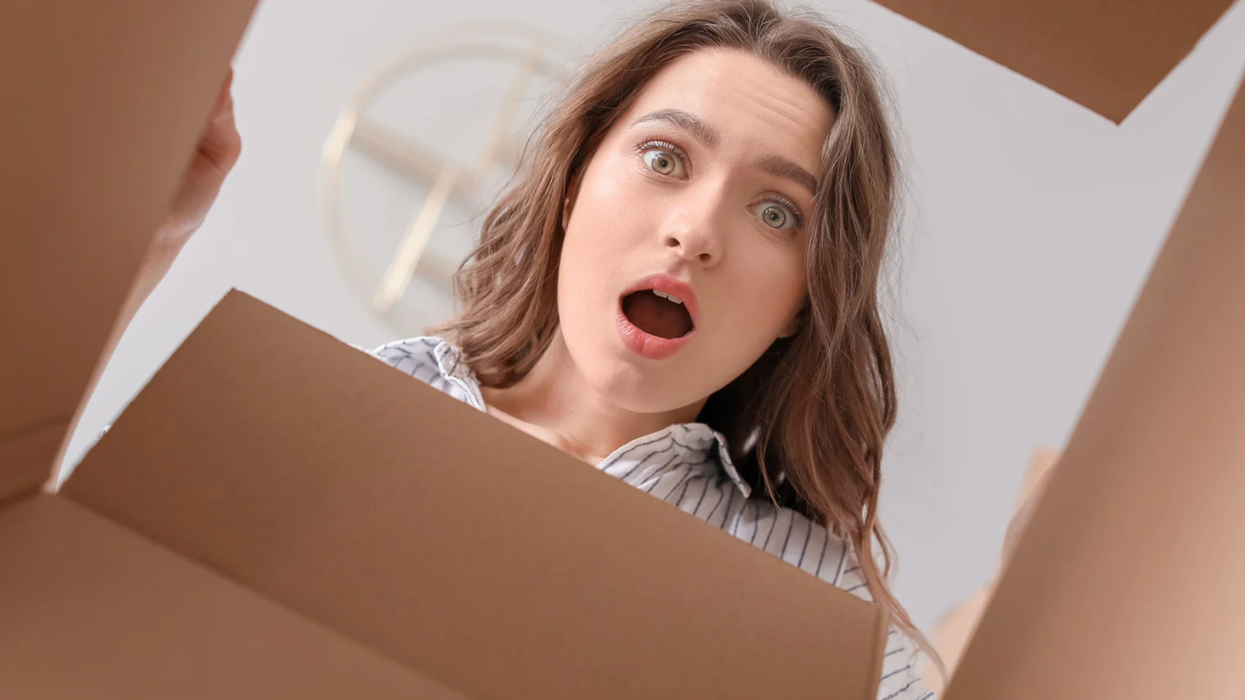

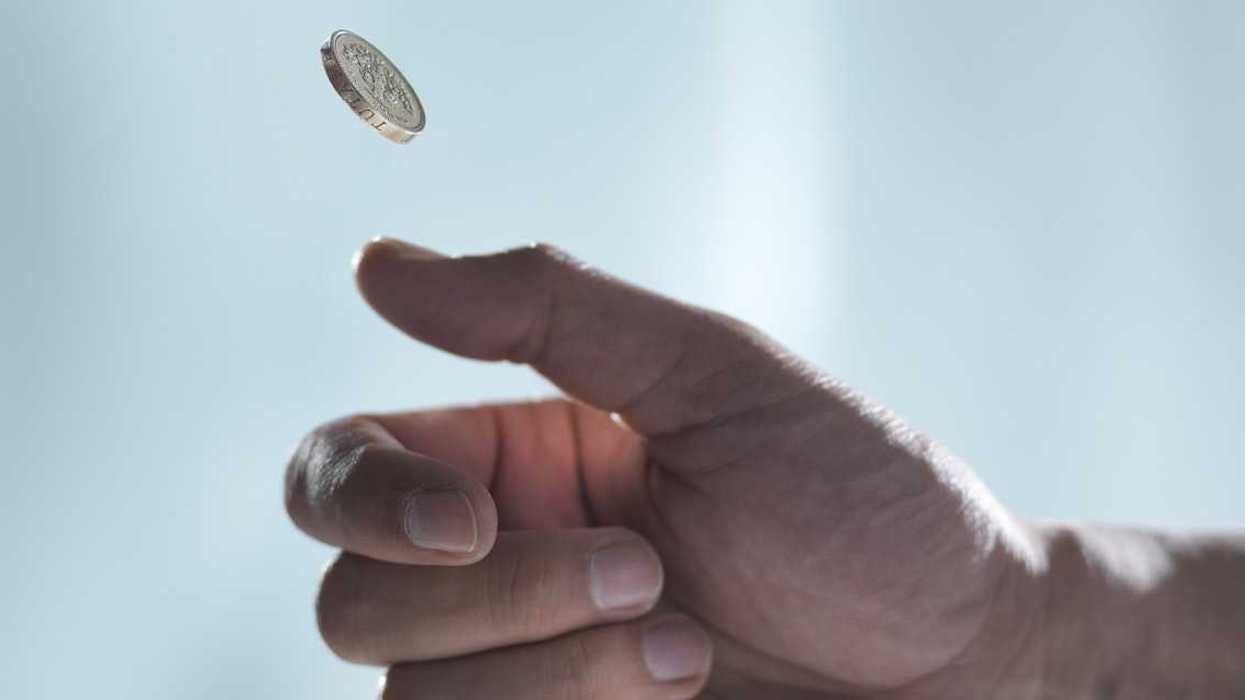

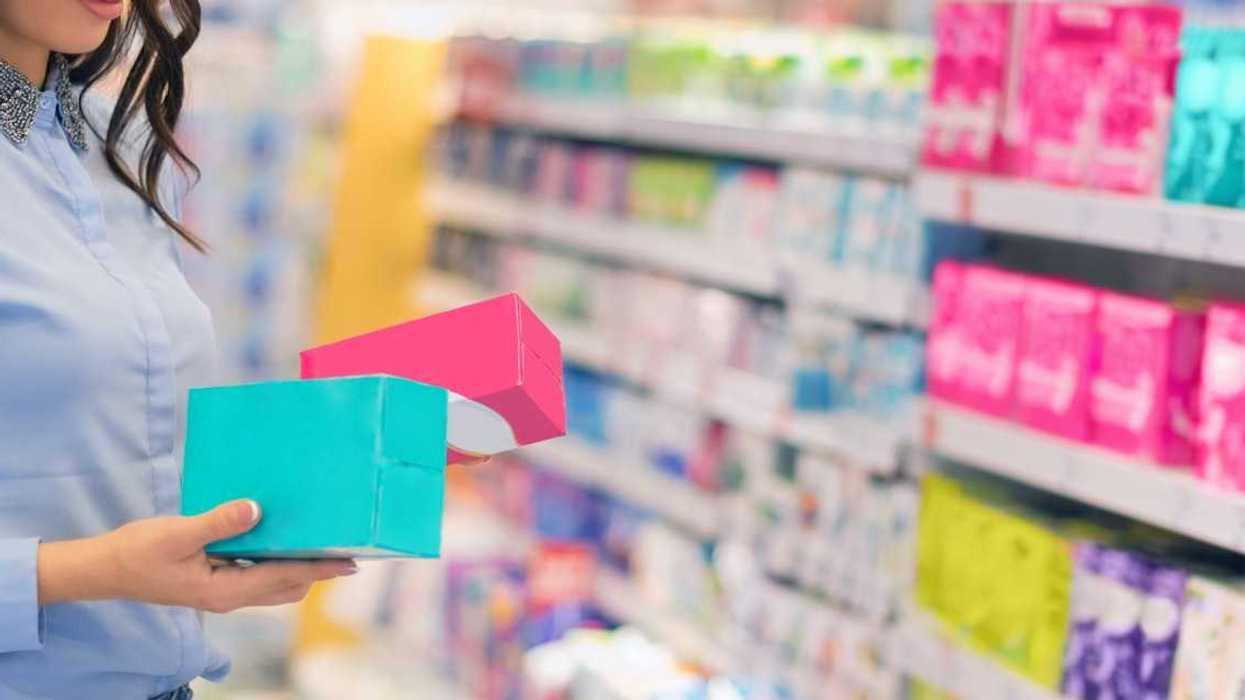
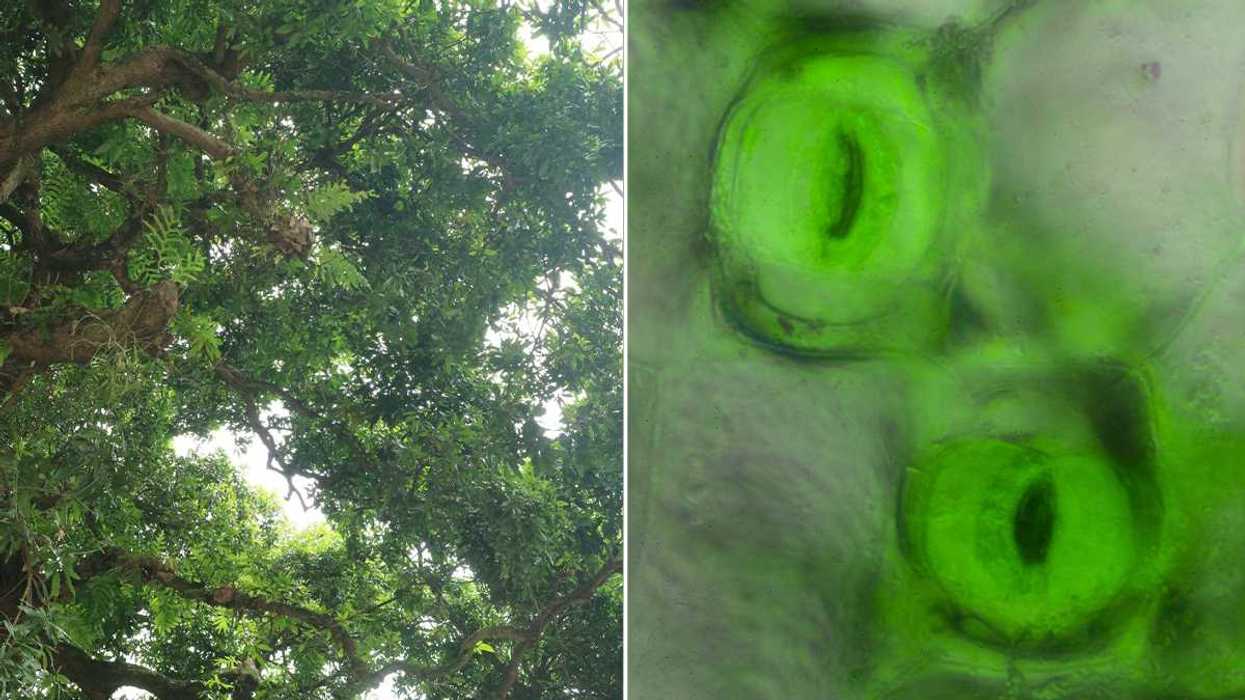





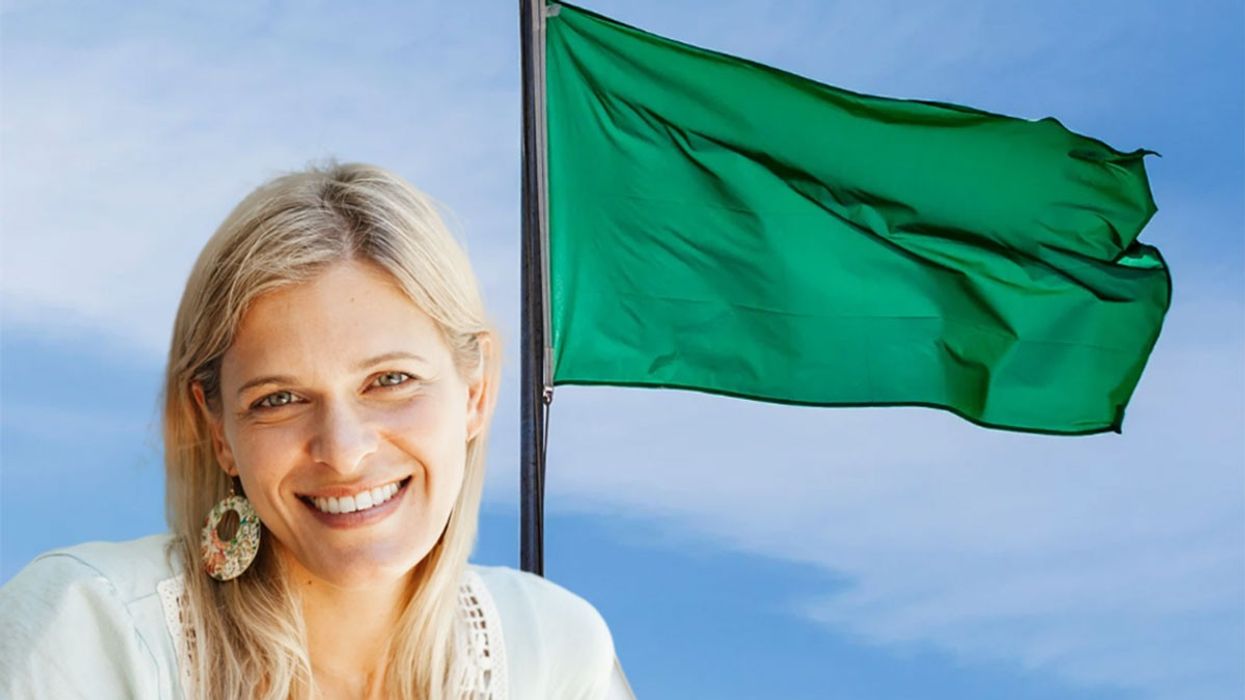
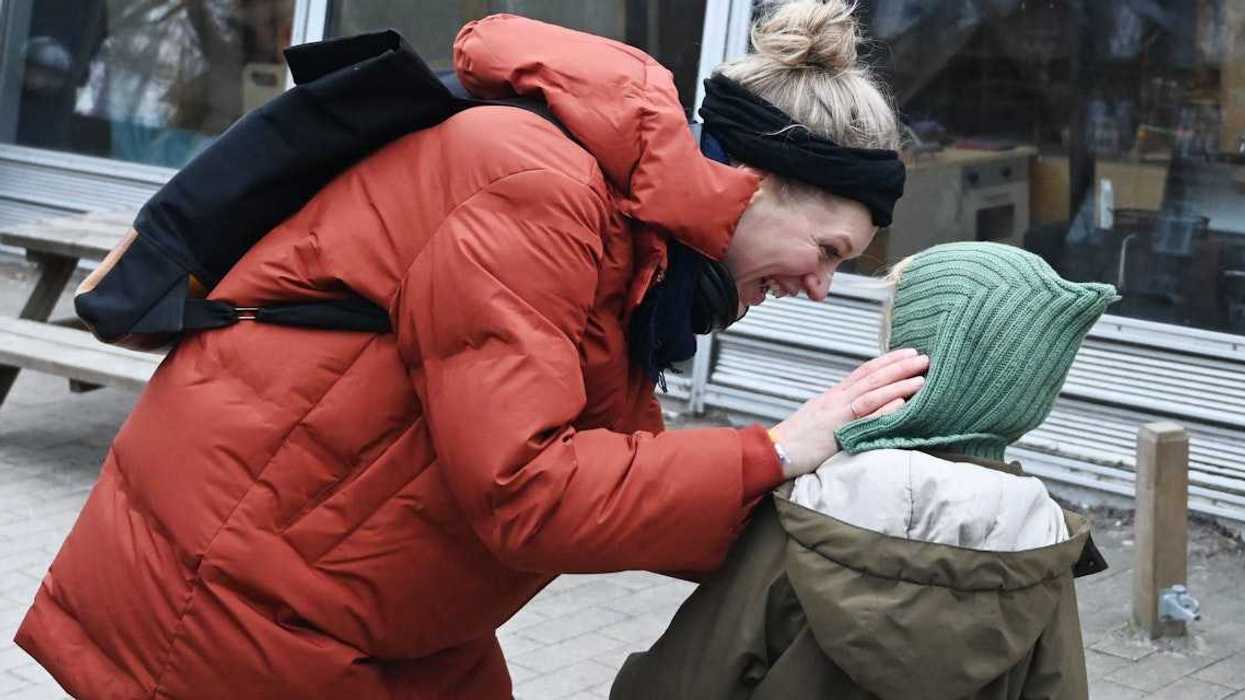
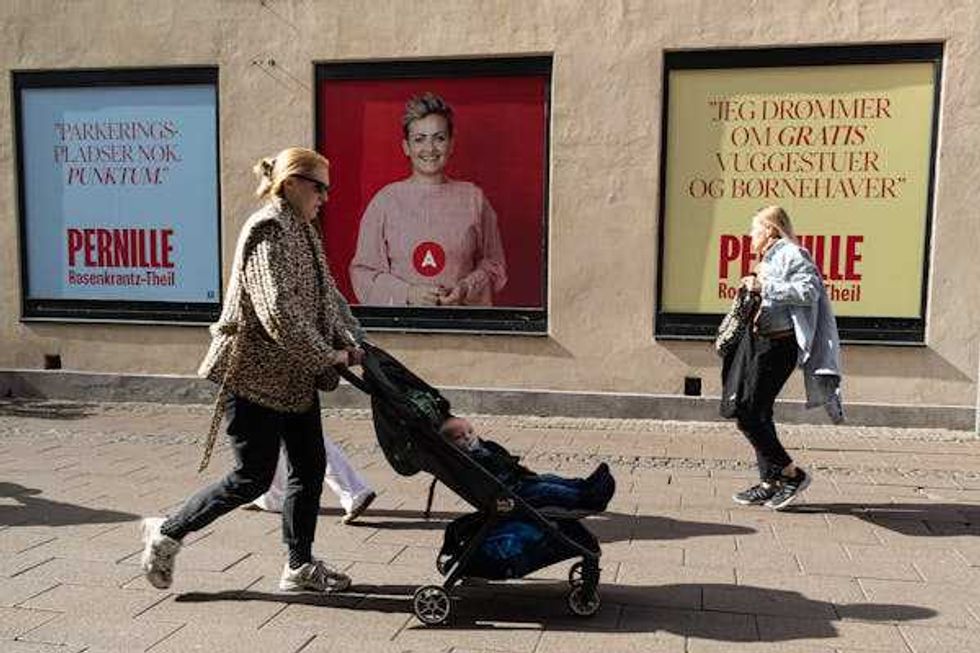 The ‘motherhood penalty’ is largest in the first year after a mom’s first birth or adoption.
The ‘motherhood penalty’ is largest in the first year after a mom’s first birth or adoption. 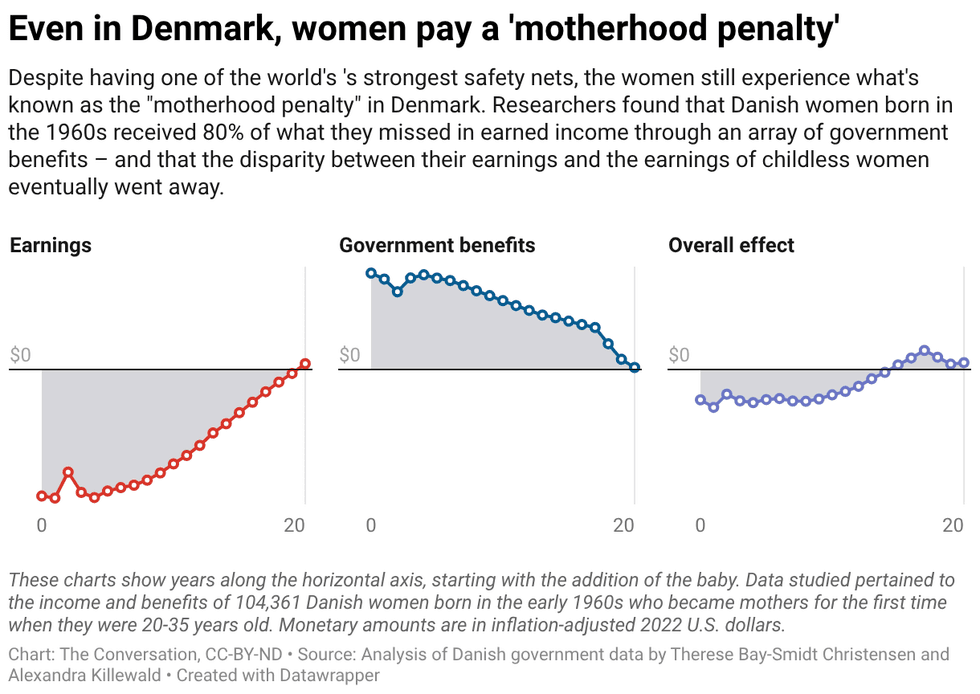

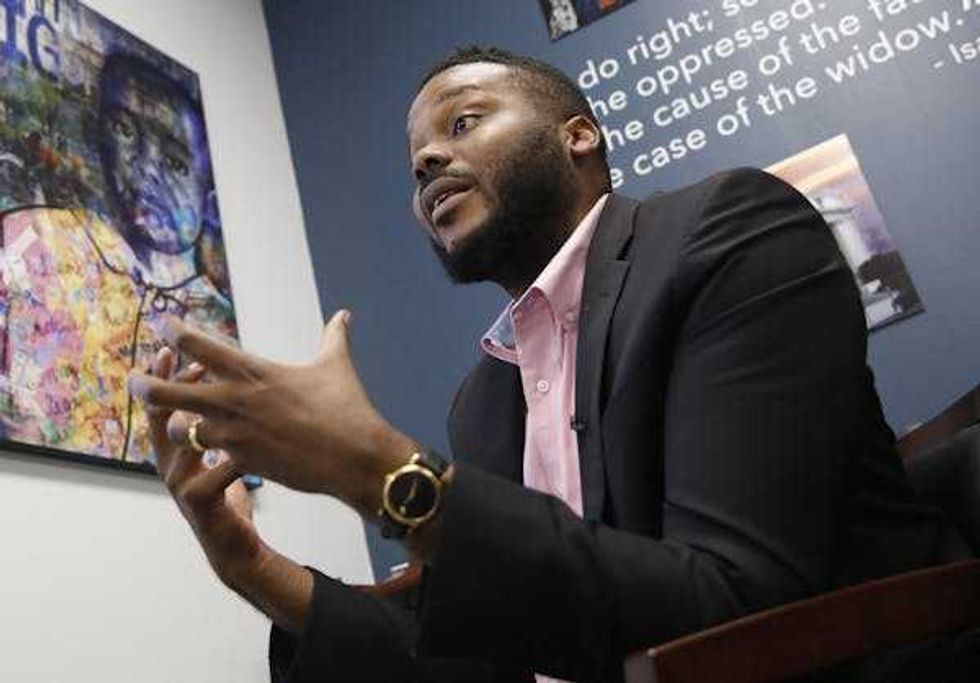 As mayor of Stockton, Calif., Michael Tubbs ran a pioneering program that provided a basic income to a limited number of residents.
As mayor of Stockton, Calif., Michael Tubbs ran a pioneering program that provided a basic income to a limited number of residents.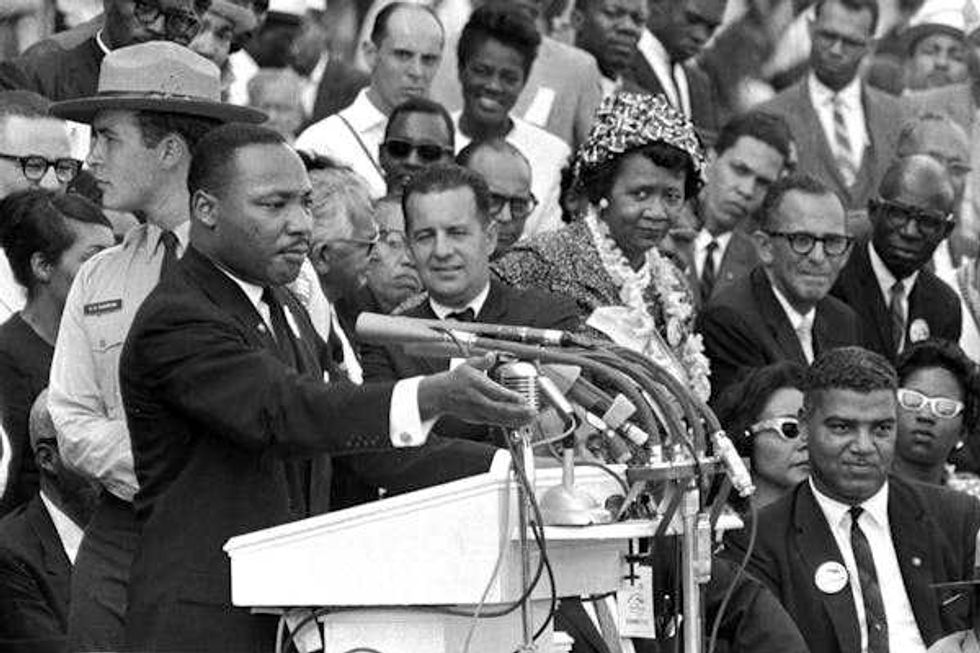 Martin Luther King Jr. believed Americans of different racial backgrounds could coalesce around shared economic interests.
Martin Luther King Jr. believed Americans of different racial backgrounds could coalesce around shared economic interests.



